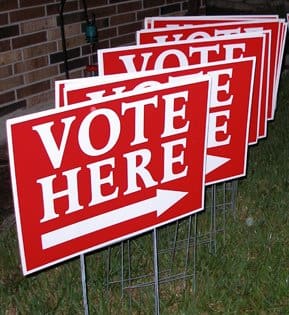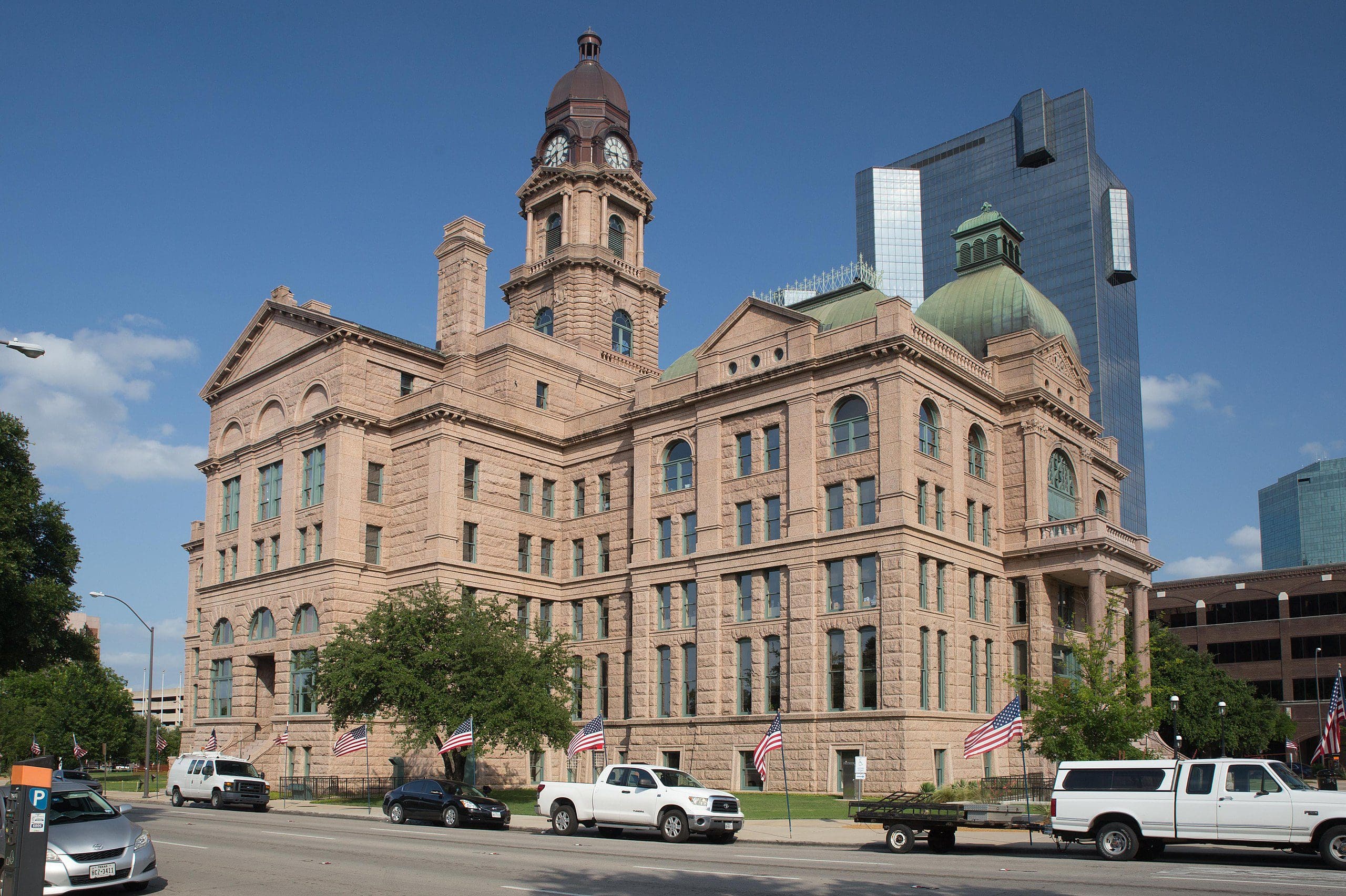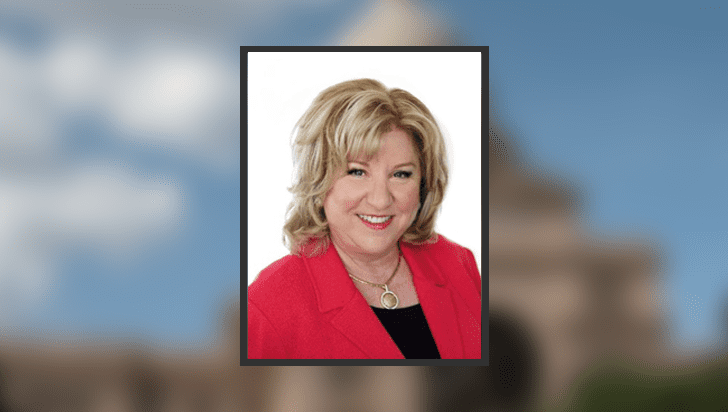On the same day a federal appeals court ruled against Texas Democrats’ bid to restore mobile early voting, a Republican lawmaker advanced a bill to partially revive the easily manipulated practice.
Mobile voting, also known as “pop-up” voting or “rolling polling,” involves repeatedly moving temporary polling stations from place to place throughout the early voting period. By relocating polls frequently to select locations, officials are able to target favorable voters while depressing general turnout.
Texas lawmakers finally banned rolling polling last session because local officials were abusing the process to tilt election results in their favor.
The Texas Democrat Party sued to block the ban (2019’s House Bill 1888), along with two national Democrat groups represented by anti-election integrity lawyer Marc Elias.
On Friday, the U.S. Fifth Circuit Court of Appeals rejected Texas Democrats’ lawsuit and directed a lower court to dismiss their challenge because the Texas secretary of state, who Elias and TDP attorney Chad Dunn had sued, “is not sufficiently connected to the enforcement of HB 1888.”
Texas Attorney General Ken Paxton’s office commended the court’s decision in what it called a “clearly partisan case.”
The Democratic Party and its plaintiffs cannot sue to stop HB 1888, a bill passed to end this electioneering by requiring local election officials to keep temporary polling places open for longer hours so that all Texans, and not just preferred Democratic voters, could access them.
Yet on the same day Texas Democrats lost their bid to revive rolling polling, the Texas House passed House Bill 2149 by Republican State Rep. Travis Clardy (Nacogdoches) that would allow mobile voting to resume in rural counties—which the bill defines as those with fewer than 100,000 residents.
That’s more than 200 of the state’s 254 counties.
An amended version of HB 2149 requires temporary polling places to remain open for at least eight hours on at least two consecutive business days.
Texas law currently requires all early voting places to be open the same days and hours as a county’s main early voting site, giving all voters uniform access to the polls.
Clardy’s mobile voting bill passed the House by a vote of 99-41.
Grassroots activists who fought to end the unfair practice are disappointed to see it return.
“Rolling polling can be manipulated in an egregious strategy to influence voter turnout for some ‘favored’ constituency,” conservative leader and former Frisco resident Tom Fabry told Texas Scorecard. “It makes ballot harvesting look like amateur hour.”
Frisco’s school district was one of the more egregious abusers of mobile voting, using it to pass a $775 million bond in 2014 and again in a 2016 tax ratification election.
“Frisco ISD used rolling polling to target the education establishment to support a special TRE,” Fabry said, explaining how the district scheduled several school campuses per day as mobile voting locations, then rotated the polls to different schools over each of the early voting days:
The date a specific school was to be a rolling polling location, the school administration had scheduled a science fair, meet-the-teacher day, band concert, book fair, etc. This tactic ensured every school employee would be on location to vote on their assigned day, plus a large number of student parents would also be in attendance.
“Working with the Legislature over the next two sessions, we were successful in securing legislation that outlawed rolling polling,” said Fabry. “In a climate where election integrity is under constant attack, it is deeply offending to hear that Republican legislators are contemplating this regressive legislation.”
HB 2149 has been referred to the Senate State Affairs Committee. If the committee moves the bill forward, it must then be approved by the full Senate before heading to the governor’s desk.
The legislative session ends on May 31.





